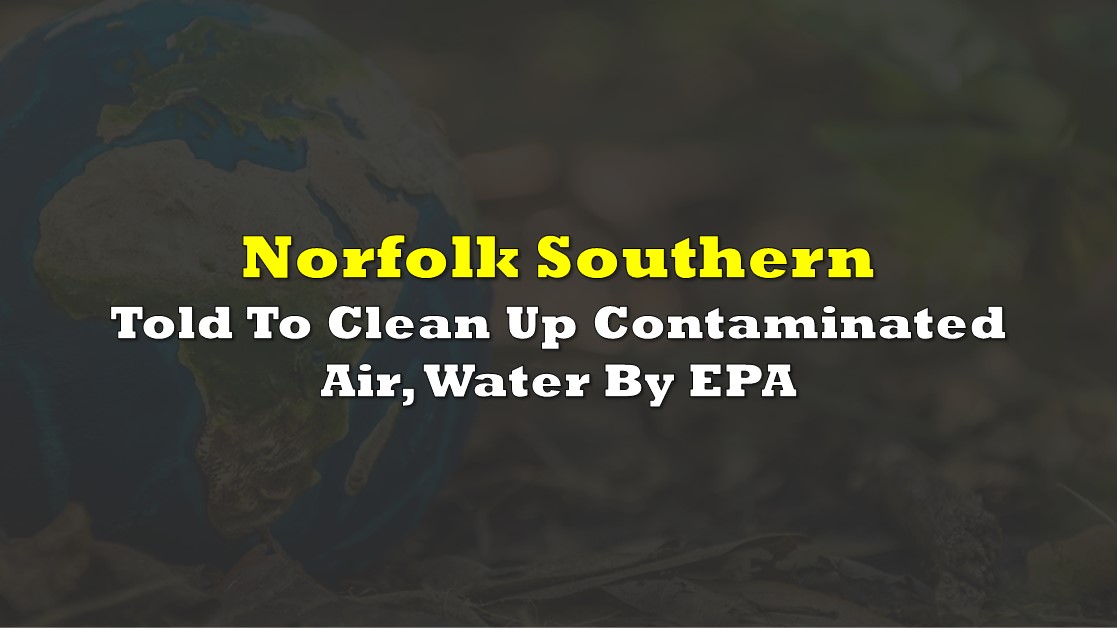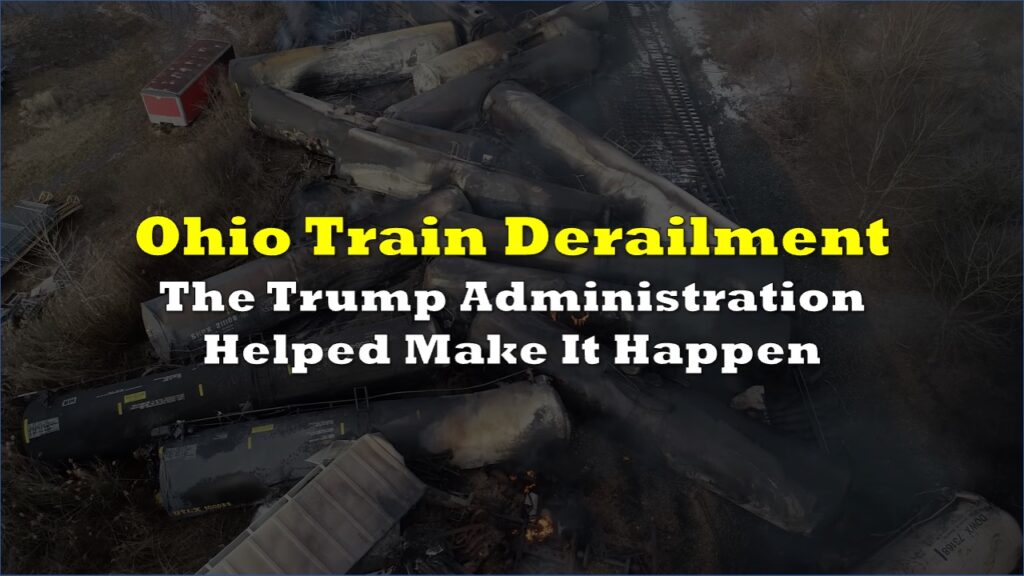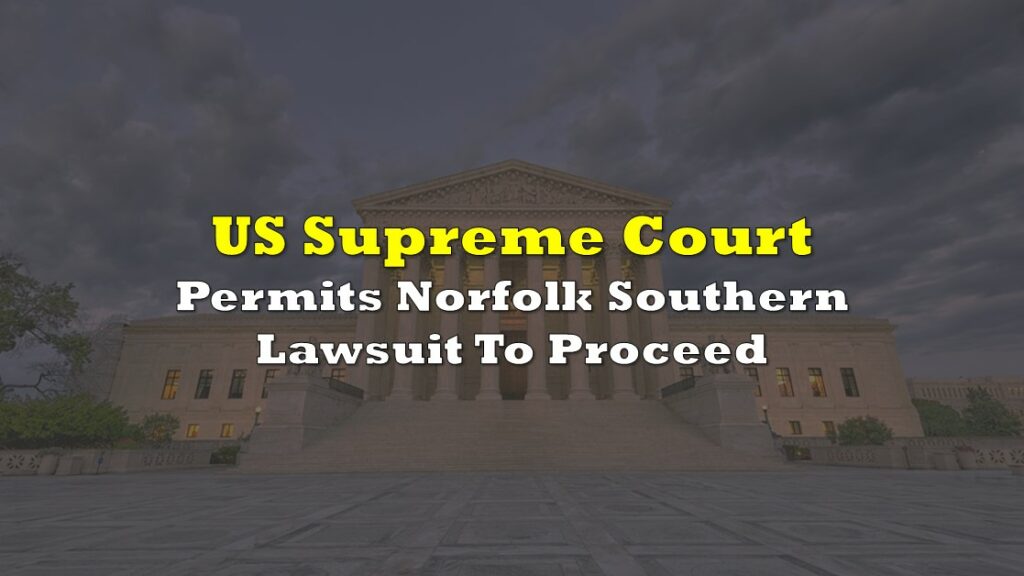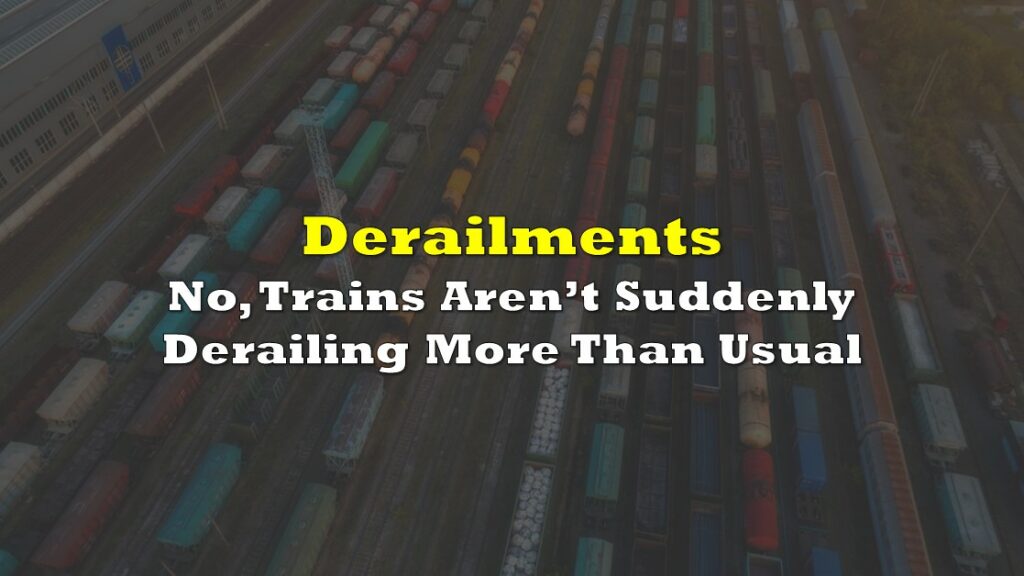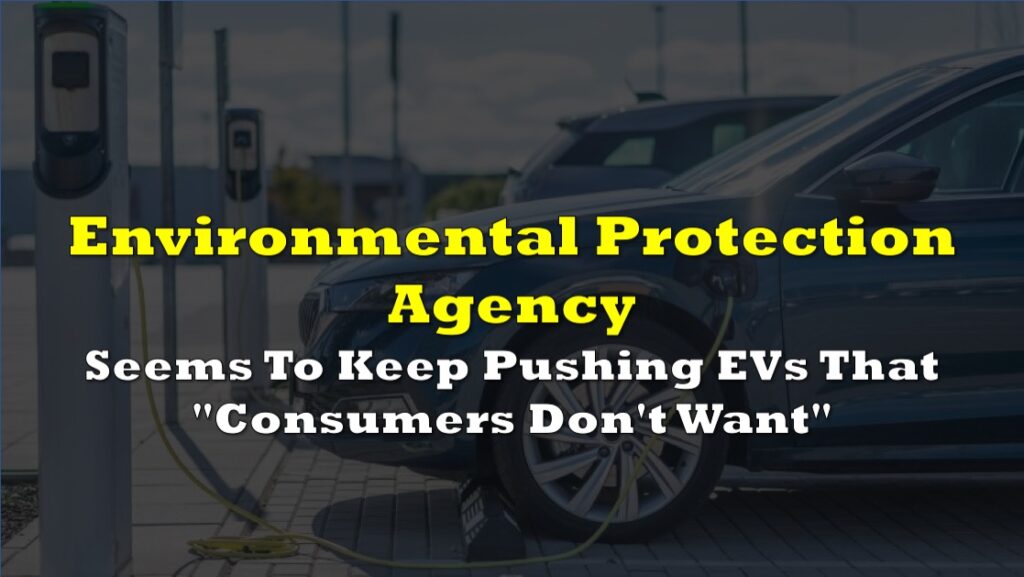The Environmental Protection Agency is taking matters into its own hands as it relates to the recent Ohio train derailment of a Norfolk Southern (NYSE: NSC) train. The railroad this afternoon was told to “take all available measures” to clean up contaminated air and water as a result of the derailment.
As part of the measures, the railroad company is also being forced to reimburse the federal government for cleaning services provided to residents and businesses that were impacted by the derailment, which will be implemented via a new program.
If Norfolk Southern fails to comply, the EPA indicated it will seek triple the amount in damages from the company, as the regulator looks to make an example out of an event that has caused serious egg on its face.
READ: Norfolk Southern: What Will The Financial Impact From The Ohio Derailment Be?
“Let me be clear: Norfolk Southern will pay for cleaning up the mess they created and for the trauma they’ve inflicted on this community,” said Michael Regan, an administrator for the EPA.
Details on the clean up service that will be provided to locals are expected to be released later this week. In making the order to Norfolk Southern, the EPA said it marks the end of the emergency phase of the disaster, with the agency now to focus on remediation of the East Palestine region, with a focus on long term solutions.
“The combination of Norfolk Southern’s corporate greed, incompetence, and lack of concern for our residents is absolutely unacceptable to me,” said Pennsylvania Governor Josh Shapiro, while stating that Norfolk failed to manage the crisis and failed to take part in a unified incident command, while providing inaccurate data to authorities.
Oncoming regulation
Transportation Secretary Pete Buttigieg meanwhile has indicated that reforms are coming for the rail industry as part of the fallout from the derailment.
“We are accelerating and augmenting our ongoing lines of effort on rail regulation and inspection here at the US DOT, including further regulation on high hazard flammable trains and electronically controlled pneumatic brakes – rules that were clawed back under the previous administration – to the full extent of that we are allowed to under current law, and we will continue using resources from the Bipartisan Infrastructure Law to fund projects that improve rail safety,” said Buttigieg in speaking to reporters.
The Department of Transportation in a news release earlier today outlined that it is requesting Congress improve rail safety by making a number of fundamental changes including,
- increasing the maximum fines the USDOT can issue for rail safety violations, citing that the current maximum fine of $225,455 is a “rounding error” for current rail companies,
- expand rules for high-hazardous shipments, while ignoring industry opposition,
- modernize braking regulations and increase the use of electronically controlled pneumatic brakes,
- speed up the phase-in of safer tank cars to carry hazardous materials from the current timeline of implementation by 2029, and
- increasing funding for hazardous materials training for first responders.
“Profit and expediency must never outweigh the safety of the American people. We at USDOT are doing everything in our power to improve rail safety, and we insist that the rail industry do the same – while inviting Congress to work with us to raise the bar,” commented Buttigieg.
Information for this briefing was found via the sources linked within the article. The author has no securities or affiliations related to this organization. Not a recommendation to buy or sell. Always do additional research and consult a professional before purchasing a security. The author holds no licenses.

